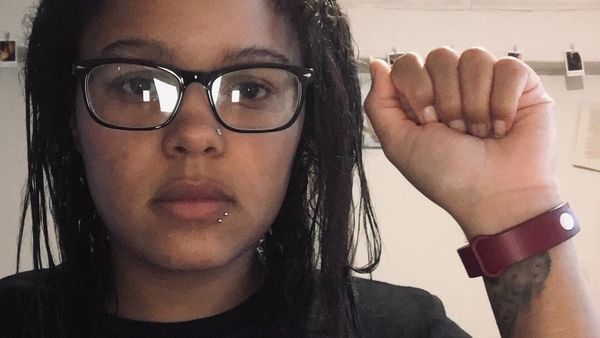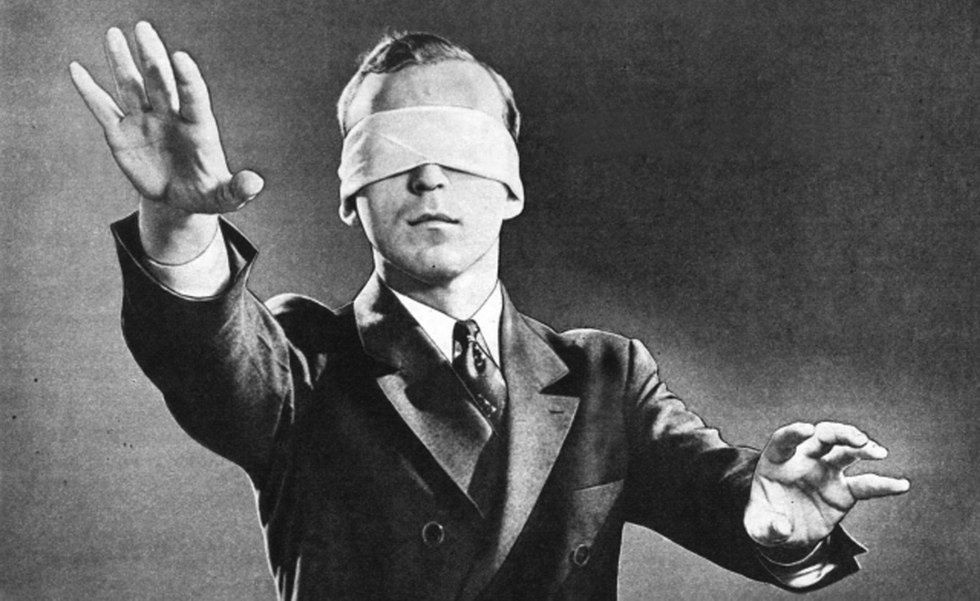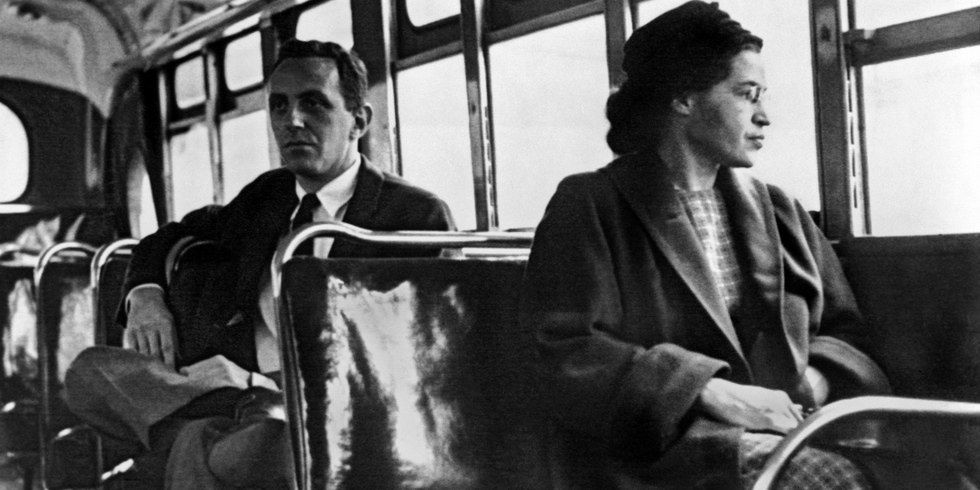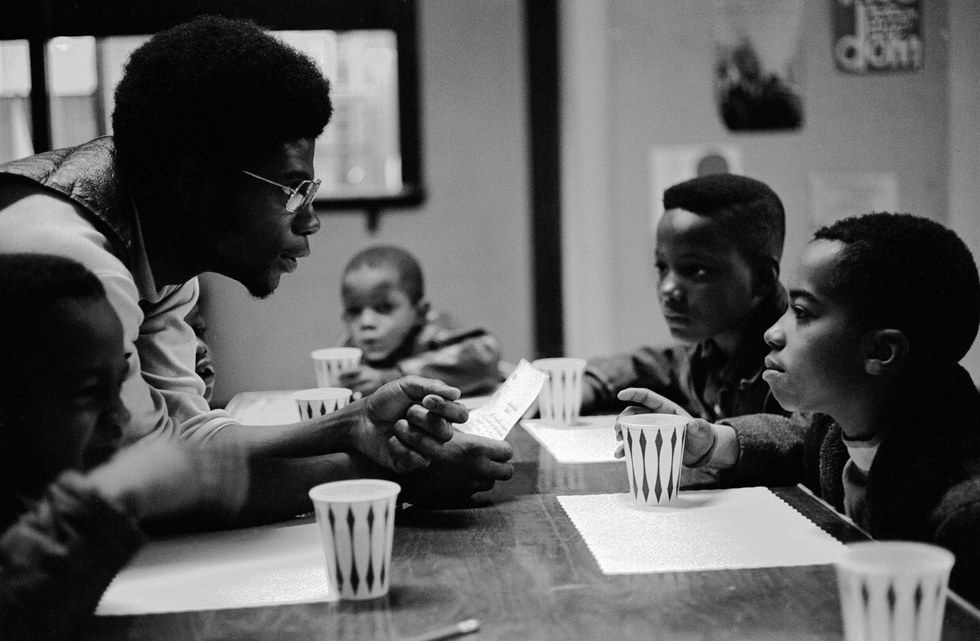[CW: discussions/content about racism, hate-crimes, murder, rape]
Racism's prevalence in modern society is a repetitive message, but those experiencing it face its repetitive consequences. Voices of the marginalized, and those that have attempted to tell us time and time again, that people of color are disadvantaged in this country. We can think racism is no longer an issue because we as white people don’t see it, or because we are ‘color-blind’, but that is a failure to listen.
This shows throughout history, but we will focus on the Civil Rights Movement because it is much closer than we like to remember. Martin Luther King is a hero of the movement, but history leaves out the brutal treatment of African Americans before him. I speak of the gun-pointed gang-rape of Recy Taylor in 1944 by six white men. Of the murder of Emmett Till in 1955. Of the suppression of these cases by all-white jurors, some of which with connections to the KKK. Of the countless other massacres involving black bodies that led up to Rose Park’s defiance of black segregation. Parks did not just sit on a bus because ‘her feet hurt’ but because she was secretary of the NAACP, dedicating her life to ending racial injustice.
History paints the Civil Rights Movement peacefully, as the defiant MLK stood before the United States and revealed his dream for racial equality. We like to leave out that in 1965 during the Selma to Montgomery Marches, police attacked peaceful protesters as they demanded their right to vote; and as whites looked on and cheered. People avoid recalling the backlash we provided this movement, and the response by the KKK, who murdered innocent black lives in the night.
When the Black Panthers marched armed into the California state Capitol building without violence, they did so because “black people have begged, prayed, petitioned, demonstrated, and everything else to get the racist power structure of America to right the wrongs which have historically been perpetuated against black people,” (Seal, 1966). The Panthers were demonized by the FBI and Nixon, who called them terrorists and a threat to national security. Founded to protect black communities from police brutality, violent retaliation occurred because police continued to murder black citizens without facing prosecution; disrupting communities of color that already lived in poverty.
This was not centuries ago; this was only half a century ago. Civil Rights activists broke the law, and it was because people refused to listen. We picture civil disobedience in a persistently negative light, as disruptive and at times frightening. But when communities of color even now are facing issues that parallel something James Baldwin wrote about police brutality against African Americans 54 years ago, why are we surprised or irritated by their anger?
During the 20th century, to hide the severe hypocrisy of white men raping black women, black men were labelled as rapists looking to harm white women. Rumors that they were harming them in the night created uproars, and this led to mobs that attacked black communities, destroying their homes and leading to infamous lynchings. Many of these lynchings were not only sadistic, but were against the innocent and were acts of public spectacle. Some of these were less than a person's lifetime ago.
The relevance of this is its effect on our perception of black Americans. Davis (1990) argues that white women are still socialized to fear black males, and this is despite 90% of all rapes in the US actually being intraracial (Greenfield, 1997). The conception of black male sexuality is still a stereotype used today, and it feeds the representation that we as whites have been told to fear (Aulette et al., 2015).
So when people of color take to the streets and demand an end to police brutality, demonstrating their anger at a system that still finds it acceptable to make jokes about black culture and sexuality, and our response is to just get defensive with statistics about black-on-black crime -- something they already know is an issue -- is it still hard to understand their frustration?
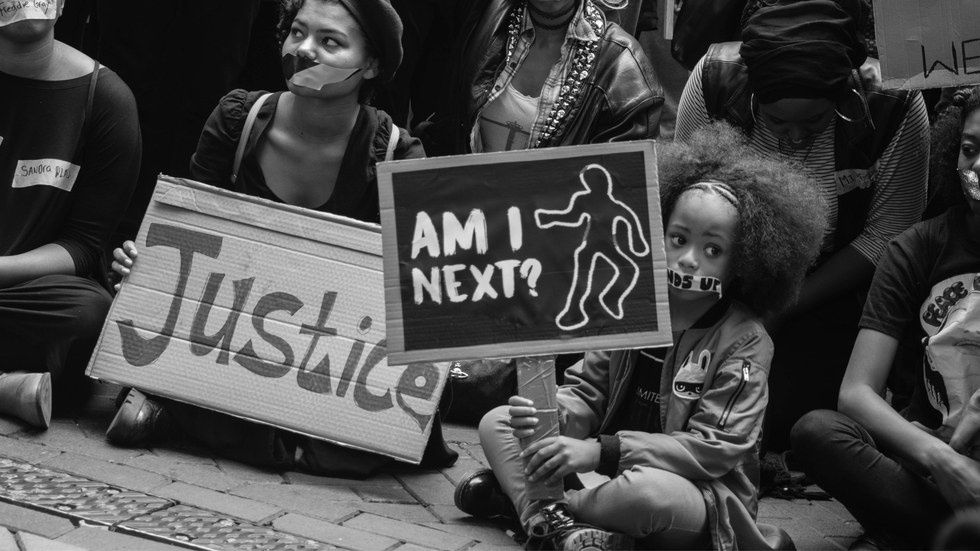
Am I saying we were as bad as we were in the 20th century? No. Am I saying my readers and I are responsible for this horrific history? Of course not. But I am telling my race to consider what preconceptions we have about our history and society, and to consider how its may be affecting our judgement of civil rights movements now. This is not to create ‘white-guilt’, nor is it to shame white people -- it is to highlight our history of not listening.
When I think about the backlash we used to provide, and the backlash we still provide people of color, the key similarities are ignorance. It was not that long ago when all of this happened, and it is why we continue to celebrate #BlackHistoryMonth. Anyone that studies history will know that the past is not that separable from the present.

